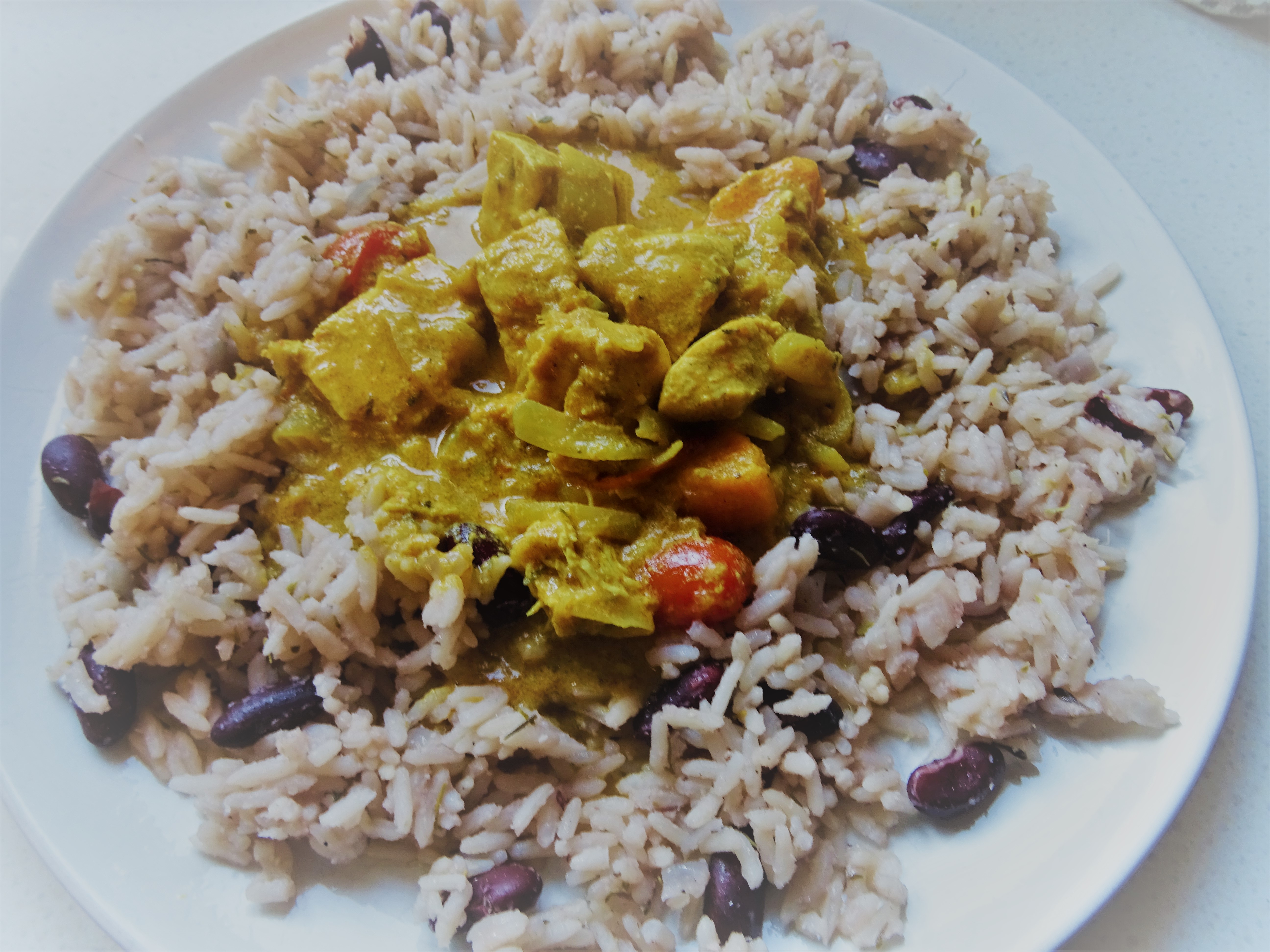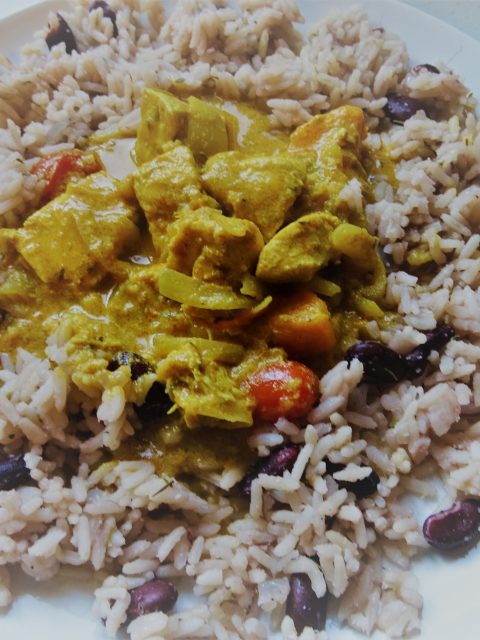
Seasoned with Salt

Apparently the biggest difference between an amateur cook and a professional is seasoning. Professional cooks season with just the right amount, at different times throughout the cooking process depending on what is being prepared.
For example, when preparing your roast dinner, you might rub salt into your meat before putting it in the oven. However, Heston Blumenthal recommends not salting *potatoes* until after roasting them, to avoid a chewy crust and achieve that desirable, glass like, crispy shell.
The Bible has quite a lot to say about salt. The Old Testament speaks of a covenant of salt see Leviticus 2:13 and Numbers 18:19. The Israelites were commanded to add salt to their grain and meat offerings to remind them of this salty covenant between them and the Lord.
Salt has a number of useful functions, but perhaps most commonly it is used to make food more flavoursome.
Without salt some foods are simply inedible. As Job put it in Chapter 6:6-7 “Can something tasteless be eaten without salt, Or is there any taste in the white of an egg? My soul refuses to touch them; They are like loathsome food to me.” (!)
But, equally, food can become inedible if it is over salted. In the Caribbean white fish is preserved in large amounts of salt – it is known as saltfish. Saltfish is then often cooked with a vegetable called ackee (that is a bit like scrambled egg) and served with fried dumplings. Made right, this simple dish is delicious. It is in fact the national dish of Jamaica. But you have to soak the saltfish overnight to remove the preserving salt. If you try and rush this step, your ackee and saltfish becomes far too salty to enjoy, and there is no rectifying it.
Once you’ve added too much salt to a dish, it’s fit only for the bin. Using salt with food requires fine balance, so much so it separates the amateurs from the professionals.
Colossians 4:6 says “Let your speech always be with grace, as though seasoned with salt, so that you will know how you should respond to each person.”
People are as diverse and complicated as food, probably more so. As such, correctly seasoning our words is even more difficult than seasoning food.
For mothers, ensuring we speak with grace and respond in the right way to each of our children, at all times, is nothing short of impossible.
It is a challenge in itself to be careful what we say to other adults. But what about when our children are fighting and screaming at each other? How about when they deliberately disobey us and put our authority to the test? Or when they roll on the floor kicking and crying because they didn’t get what they want, embarrassing us in the middle of a busy shop?
Even if we had all the patience in the world and could stop and consider what is best to do in these situations, finding an answer sill wouldn’t be easy.
Each situation is different. Children behave the way they do for many different reasons. It takes a discerning eye to see the difference between deliberate disobedience, a lack of self control, or a simple accident.
Each child is different too. When my eldest has done something naughty, he responds well to a verbal rebuke. However, the only thing that really works with my third son is taking away privileges.
The good news is there is help at hand. Jesus knows the heart of ALL men, women and children. He knows just what each of us need to hear and when. And he sends us his Spirit to guide us and teach us what to say.
Too often the severity of my discipline depends on the extent to which my children have inconvenienced me, rather than thinking about what they need in that moment. But we can train ourselves to listen to the Spirit in our tricky parenting moments. We can offer up a quick prayer – “Lord how should I respond?” – and then listen, rather than jumping in with unseasoned words.
And the Bible tells us that our heavenly father delights to gift us with the Spirit when we ask him.
Recipe:
This recipe can be cooked in under 30 minutes.
Caribbean seasonings are up there with my favourite flavours. They often contain, among other things, thyme, garlic, tomatoes and of course chilli.
Scotch bonnet is one of the most notorious chillies in Caribbean cooking. They come in all different colours. You can add them whole to the curry to give it an authentic flavour. But make sure you remove them at the end of cooking. Especially if you use red ones. I once made the mistake of not doing this and when my husband helped himself to seconds he thought he was biting into a cherry tomato and had a very nasty surprise!

Caribbean Chicken Curry
Ingredients
- 1 tbsp oil
- 2 onions chopped
- 4 garlic cloves chopped
- Thumb size piece of ginger grated
- 1 tbsp thyme
- 2 tbsp curry powder
- 0.5 tsp hot ground chilli or to taste
- 2 sweet potatoes peeled and cut in small chunks
- 6 skinless boneless chicken breasts chopped into chunks
- 400 g can coconut milk
- 150 g cherry tomatoes
- A few sprigs of corriander sprigs for garnishing optional
Instructions
-
Fry onion in oil for 5 minutes on low heat.
-
Add garlic and ginger and cook for 1 minute.
-
Add curry powder and thyme and cook for a further 2 minutes, stirring frequently.
-
Stir in the coconut milk, chicken and sweet potato and simmer for 10-12 minutes.
-
Add tomatoes and simmer a further 2 mins.
-
Serve the curry with plain rice, wedges of lime and sprinkled with coriander. Or try it with rice and peas.
-
Don't forget to season with salt and pepper!